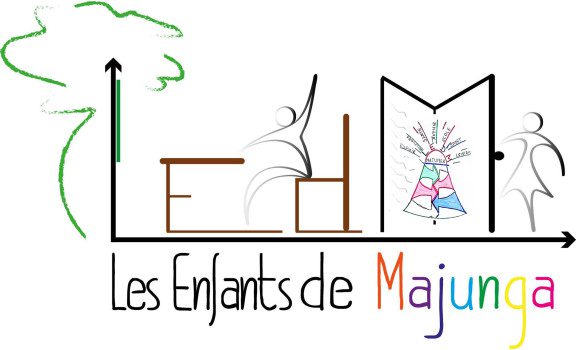Center Korean and you may Hangul
Middle Korean is generally thought to span almost 700 ages out of this new middle-900s (when the Korean peninsula became completely good by the Koryo Kingdom) to around 1600 (in the event the Japanese invaded Korea). The initial five-hundred several years of this era (900s to 1443) try referred to as Early Middle Korean, hence language try written such as for example Dated Korean, using Chinese characters both so you can show whole terms and conditions or even to sound aside good Korean term.
In this 12 months, King Sejong of your Choson Dynasty (referred to as “High Queen Sejong”) commissioned the manufacture of an alphabet called Hangul, as well as in 1446 it was presented to the latest Korean people in a series of instructions, the most used becoming ???? (Hunminjongum, “A proper Music getting Instructing individuals”). The storyline goes that King Sejong is stressed by the lack off literacy among the popular somebody, and try gone to live in would a less strenuous composing system you to somebody you will definitely discover versus comprehensive knowledge within the Chinese. Following invention from Hangul, we have fundamentally prime expertise in the speakers and you will enunciation off Korean! The creation of a native composing system was a determining second inside the Korean history, and is however known yearly toward Oct 9th.
These Center Korean messages give us a good amount of factual statements about new language’s sentence structure and you will tunes, and you may an educated speaker can probably learn a reasonable number of Middle Korean whenever they read vigilantly escort girls in Inglewood, particularly when they use good dictionary. If you have read Hangul, you’re surprised to see there have been certain extra letters inside the Hangul if the alphabet was created. They were:
- a good vowel ? which had been most likely pronounced such as « uh » as with English clipped
- an excellent consonant ? which was obvious including the Foreign-language v / b
- an effective consonant ? that has been pronounced such as for example English z There are some more letters that differ from progressive Hangul being used today, however they are often uncommon or only used to build overseas words.
The guts Korean period concluded at around 1600. The soundness of Korean people during this period is actually shattered by japan invasions out-of Korea ranging from 1592 and you will 1598, which delivered untold exhaustion on peninsula. Decades later on, when Korean neighborhood finally retrieved and individuals started to establish literary works once again, many spellings and events was basically adjusted so you’re able to mirror alterations in how some one now talked.
Progressive Korean
Progressive Korean can be thought to have started in the early 17th 100 years and you will will continue to today’s. Knowledgeable speakers off Korean now will not have far issues understanding Hangul texts regarding 1700s beforehand, though the build and language may possibly sound archaic. No matter if Chinese characters still have particular minimal use in the fresh progressive words-particularly in instructional, historic, and you can spiritual contexts-Modern Korean is described as the nearly exclusive usage of Hangul on paper, especially because avoid out-of World war ii and the liberation away from Korea off Japanese career.
Although Koreans don’t have fun with Chinese characters written down, the text remains loaded with terminology lent away from Chinese. However, Progressive Korean has also an increasing number of conditions borrowed regarding English, as well, many of them to possess modern things such machines (??? k’omp’yut’o) and tv (???? t’ellebijon). Specific Korean terms and conditions was fusions off an excellent Korean term and a keen English phrase, such as ??? sogaet’ing definition « blind relationship » (a combination from sogae « introduction » and English fulfilling).
From time to time, Western european terms and conditions was indeed borrowed on Japanese and then later on made its ways into the Korean, and each changes in the process either resulted in unusual terms that every Koreans don’t know was borrowings whatsoever! Here’s an example of just how those several borrowings wound-up creating uniquely Korean conditions:
